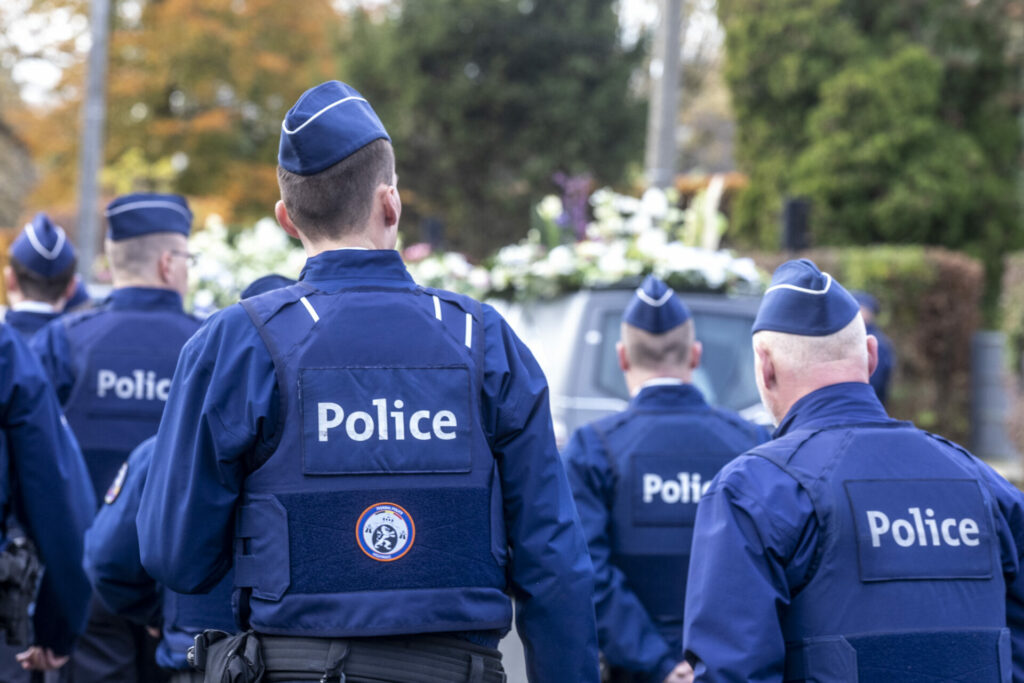The profile of terrorists has changed, so medical, social and psychological professionals need to be involved in a better way in monitoring such individuals, who now present themselves as loners, the Coordination Unit for Threat Analysis, OCAM, feels.
This was one of the recommendations made on Tuesday by OCAM director Gert Vercauteren to the House Justice and Interior committees.
The government has also made a number of other recommendations to improve the effectiveness of the system.
The commissions are conducting hearings on the murder of a police officer on 10 December in Schaerbeek by a radicalised individual. The mentally disturbed man had gone to a police station to announce that he intended to attack police officers, was taken to a hospital after the prosecutor’s office was contacted but left the waiting room shortly afterwards without seeing a doctor.
Yassine M. (Mahi) was radicalised in prison. He was initially classified by OCAM as a “homegrown terrorist fighter” before being included in the new category of “potentially dangerous extremist.” He was given security and psychosocial monitoring.
'We are no longer dealing with commandos but with lone individuals inspired by a violent ideology...'
“There needs to be a better exchange,” Vercauteren says. “We are no longer dealing with commandos but with lone individuals who are inspired by a violent ideology but are no longer necessarily part of a group."
"I do not say ‘lone wolf.’ These are not people who are cut off from reality; they still have social contacts," he added. "There is often a psychological problem with these people.”
In his view, structures that provide support for decision-making in psychiatric cases could be created, as in France.
Police officials, both federal and local, advocate a decompartmentalisation of the police approach and the psycho-social approach, as well as the professional secrecy that frames them.
Social patrols
In general, the number of incidents involving people in crisis for which the local police have to intervene is rising sharply, warned Nicholas Paelinck, chair of the Standing Committee of the Local Police: from some 8,500 in 2018 to just over 11,000 three years later.
“Our police officers are faced with less and less obvious situations,” he added. In his view, the approach to this phenomenon must change. “Social interventions require a specific approach, with specific training.”
One of the measures to be favoured, he said, could take the form of “social patrols,” which would allow local police not to systematically intervene on the front line and provide more psychologically appropriate treatment for people suffering from mental disorders.

